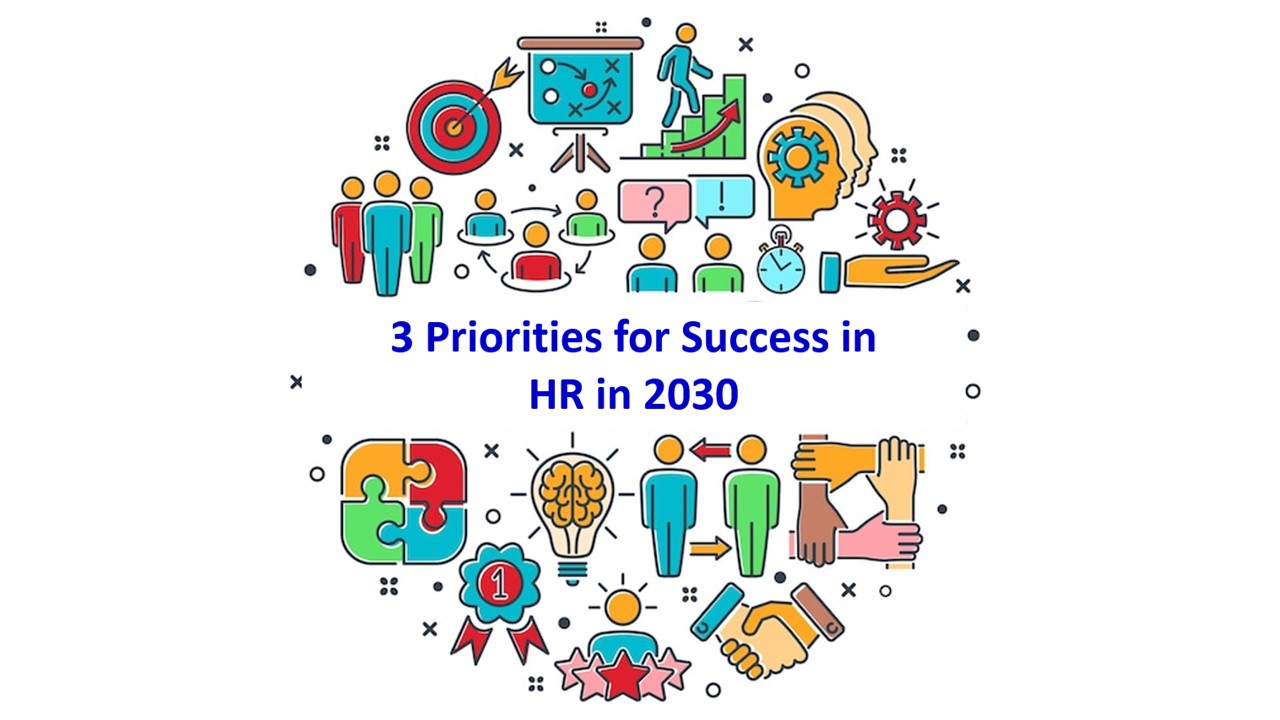
“In a time of constant economic and organisational change, HR functions are being tasked with doing more than ever before,” says Jennifer Wilson, Co-Head of the Global Human Resources Officers practice at Heidrick & Struggles. “And with the pace of change only likely to accelerate, they are finding it more challenging than ever to set their organisations up for long-term success.”
According to Wilson, successful HR leaders cannot be “order takers”. Rather, they need to be strategic consultants and impactful cross-functional leaders.
With that as context, the report highlights three essential areas—transformational leadership, learning and development, and AI—that HR executives should focus on today to ensure their organisation is equipped to drive business outcomes through talent strategy in 2030.
| Transformational Leadership | According to Wilson, HR’s shift to a more strategic platform is in large part an adaptation to today’s rapid rate of change—some of which is unprecedented, and most of which touches every part of an organisation. While much of this change was likely inevitable, she explained, Covid-19 accelerated it, along with all that followed: geopolitical and economic volatility, new workforce expectations and new stakeholder expectations. “In addition to adopting a whole new set of skills and a much broader mandate, HR practitioners can no longer think of themselves as back-office operational specialists,” she says. “They need to become full partners in setting the organisation’s strategic trajectory.” |
| Learning and Development | The Heidrick study found that 32% of HR leaders say that what executives learn in training is not relevant to their day-to-day work. In a broader economy that is complex and nuanced, that finding underscores the need for learning and development programmes to keep pace and relevance. “Since HR is often the only department in an organisation that has a bird’s eye view of an organisation’s talent needs, CPOs have a unique role to play in evolving these programmes,” Wilson says. Contrary to what some assume, L&D programmes should not focus merely on technical skills.“Human skills like resiliency, teamwork, creativity and adaptability can and should be meaningful parts of L&D programmes,” she says. |
| AI | Unsurprisingly, AI could present significant challenges as people leaders strategise for HR in 2030. 54% of HR leaders say that the technology is not being adopted quickly enough in their organisation—mostly due to the challenge of finding talent with the skills to use the tech. While individual HR leaders cannot do much about the external talent market conditions, Wilson says, they can train their own workforces. “Change can be difficult, particularly when it involves technology as potentially transformative as AI,” Wilson says, adding that many employees understandably worry that the technology will replace them. Most HR leaders, however, understand that AI is a complement to, not a replacement for, human beings. And in the coming years, HR leaders need to help workforces understand this idea, leading the conversation through the lens of the organisation’s needs. “CPOs are often well-positioned to identify what processes or aspects of the business can be improved by AI,” Wilson says, “and subsequently what type of leadership and talent will be necessary to experiment with the technology. Then, [they can] determine the best strategy with which to embed the right AI into the way they do business.” |
Extract from HRM Asia Newsroom, Mar 20, 2025
https://hrmasia.com/for-hr-success-in-2030-focus-on-these-three-areas-today/

